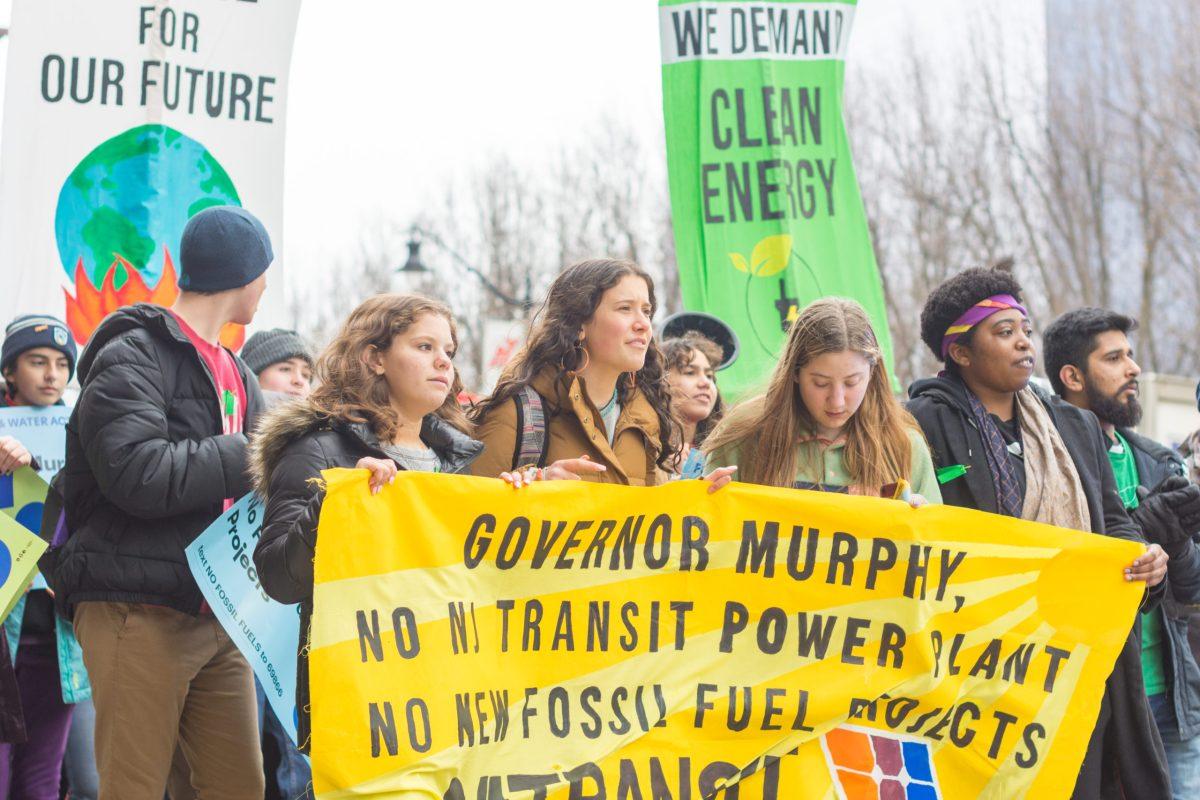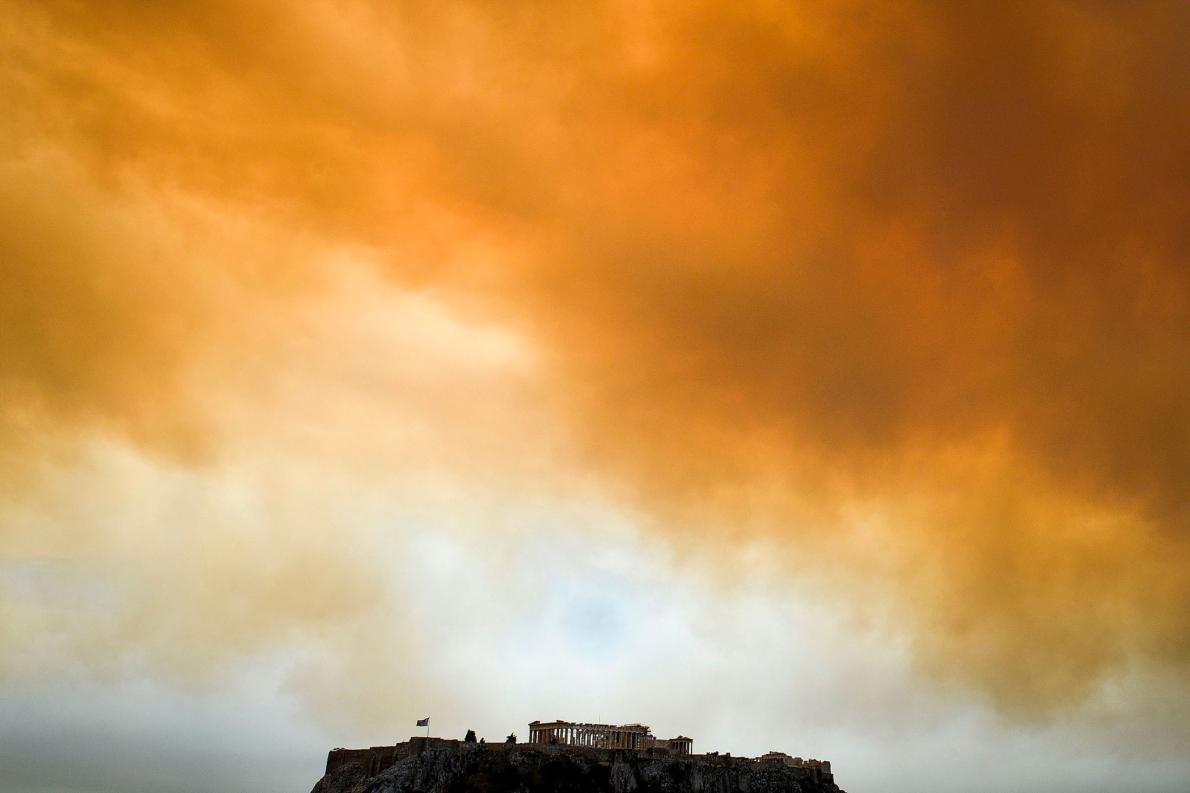NJ Transit recently made its groundbreaking announcement that it would move from its original plan to build a 140 MW fracked gas power plant to an alternative fueled by renewable energy. The announcement comes after months of lobbying, municipal support and protests by local environmental groups, particularly calling attention to Governor Phil Murphy’s dedication to environmental issues.
The proposed project, named Transitgrid, was a $546 million project, 75% of which would be funded by the federal government in order to create a reliable, backup power grid in case of breakdown or extreme weather events. This plan originated during Chris Christie’s administration, seen after the effects of Hurricane Sandy.
However, the associated fracked-gas power plant that would be built along with it would emit up to 571,000 tons of CO2 into the atmosphere per year, even when the Transitgrid is not in use, selling remaining power off. Many environmental groups, municipal leaders and legislators argued that the project would only add to pollution and would be particularly harmful to the residents of Kearny and surrounding communities in Newark and Jersey City, among others.
Food and Water Watch organizer Sam DiFalco said, “we’re also in this public health crisis, that shows us that access to clean air has never been more important for protecting our lungs. Polluted air can cause underlying conditions that make something like COVID-19 even more deadly.”
Additionally, while the power plant was first intended to prepare and build resiliency in cases of climate change crises, environmentalists have argued that the plant itself contributes to climate change by burning fossil fuels. “It was just completely hypocritical and mind-boggling that they would choose to do this in the first place,” said DiFalco. “This project would have been such a disaster. It’s not that the grid itself was a disaster, but that the power plant would be a disaster. There are ways to support this using clean energy.”
A coalition of over 60 organizations, including The New Jersey League of Conservation Voters and Food and Water Watch lobbied for a move to renewable energy, gathering support from legislators, resolutions and petitions, sending dozens of speakers to NJ Transit board meetings.
Additionally, the coalition organized multiple protests and educational sessions at the community level. “The energy was really strong at all of these protests. We had one that started at Rutgers Newark and ended around NJ Transit’s headquarters in Newark,” said DiFalco. Even with the slowdown due to COVID-19, protests did not stop, with virtual educational systems and socially distanced protests such as kayaking along the Hackensack River into Kearny, NJ. “A lot of these were youth led, too, which is really exciting. Our future is on the line and so many came out to stand up and fight back.”
“I think,” said DiFalco, “after hearing from us for a while, the board really started to become receptive to our message, and thought that maybe they could take this in a different direction. I think it was a combination of all of our efforts that was the final nail in the coffin.”
Now, the money awarded to NJ Transit during Christie’s administration will be set aside for the same project, powered by renewable energy. NJ Transit also announced they would set aside $3 million as incentive for developers that produce renewable energy-powered plans for the project. Three runners-up would receive $1 million each while the winner would be signed on to build the project. “We will be incentivizing the national and international developer community to come up with the most innovative designs that will allow us to maximize renewable energy for this project,” said president and CEO of NJ Transit Kevin Corbett.
Corbett also announced a new committee at NJ Transit dedicated to ensure the project incorporates renewable alternatives. “I think this committee will really help NJ Transit go into the right direction, not only on this project, but expanding beyond this. And hopefully, this will be the sort of committee where there can be ongoing dialogue with the public,” said DiFalco.
Although Governor Phil Murphy has made no public announcements on the topic, his spokesman Michael Zhadanovsky said that “Governor Murphy is committed to a process that re-envisions the design of the Transitgrid project to prioritize green technology while meeting the resiliency needs of major portions of the NJ Transit system. Governor Murphy is confident that this plan announced by NJ Transit will deliver power that aligns with the administration’s clean energy priorities while also creating hundreds of union labor jobs.”
“Our commitment is to deliver a project that meets the needs of our riders and remains consistent with Governor Phil Murphy’s Master Plan,” said Corbett. The board hopes to begin the build in 2022.


































